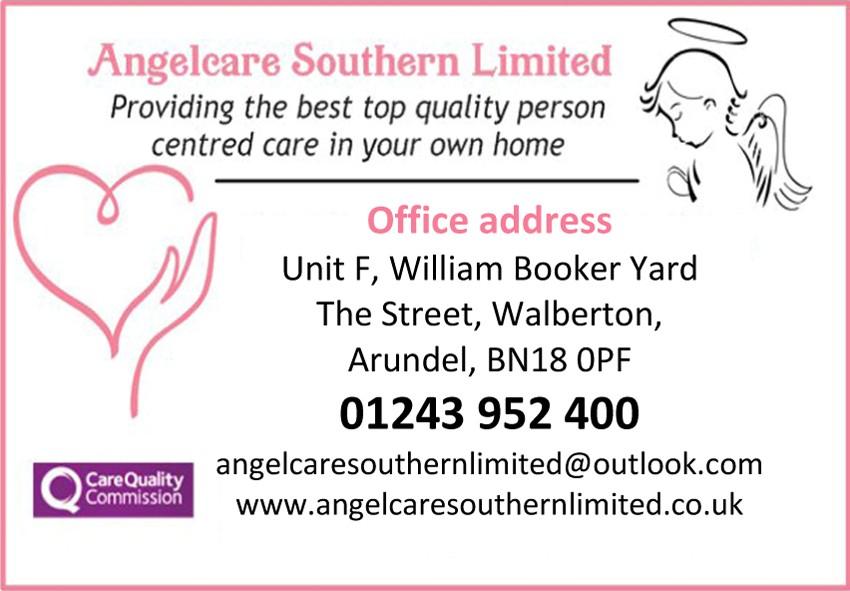26 Charity Profile
ManKind by Lynn Smith Support for men affected by unwanted sexual experiences When thinking of victims of sexual violence or abuse, we can be forgiven for assuming, initially at least, that victims are female. After all we are all aware of the existence of nationwide organisations such as Rape Crisis. But, shockingly, Sussex based charity, ManKind states that “1 in 6 men have been affected by unwanted sexual experiences. Given the demographics of the UK, that’s about 130,000 men in Sussex. That's potentially over five million across England & Wales.” ManKind supports men who have suffered any form of sexual violation including rape and childhood sexual abuse. Set up in 2000 by a group of practising counsellors who noticed that more and more of their male clients were disclosing incidents of childhood sexual abuse, but realised that there were no organisations to which these men could be referred. For almost nineteen years, the charity has provided support for men affected by
unwanted sexual experiences and now is one of just a handful of agencies in the UK that specialise in working with male survivors. CEO Martyn Sullivan joined the organisation in 2006, and he admits that, “Men have a problem reaching out asking for help with anything,” and that many men find it particularly difficult to come forward and talk about sexual violence they may have suffered, especially if they have met with a lack of compassion and understanding in the past. “There are a lot of myths surrounding male sexual abuse, but also some truth in those myths. What we try to do is to give back control, this is the ethos of the whole programme, but it can be difficult for some people to take.” Martyn tells me that ManKind’s programme is not for everyone, not everybody wants or needs to engage with a formal service, and they are honest with individuals if this is the case. The current programme is linear, a series of progressive steps, that offers men a way of making sense of the events they have witnessed or experienced, with each step introducing different tools to help this understanding and reduce any negative feelings. Martyn tells me that the ManKind programme ensures that the individual has counselling and also has to do some work on their own part. The programme offers up to 24 sessions of one to one weekly counselling sessions, giving long enough to explore the consequences of the abuse. This allows the individual to see that the process is progressive, and to know that there is a ‘next stage’ for them. This next stage is a ten week course that helps men face why they feel as they do. Martyn says as a consequence of their experiences men may feel “as if they are going mad and have no power over these feelings”. The course explains how trauma affects the brain and offers techniques to help them manage their feelings.













